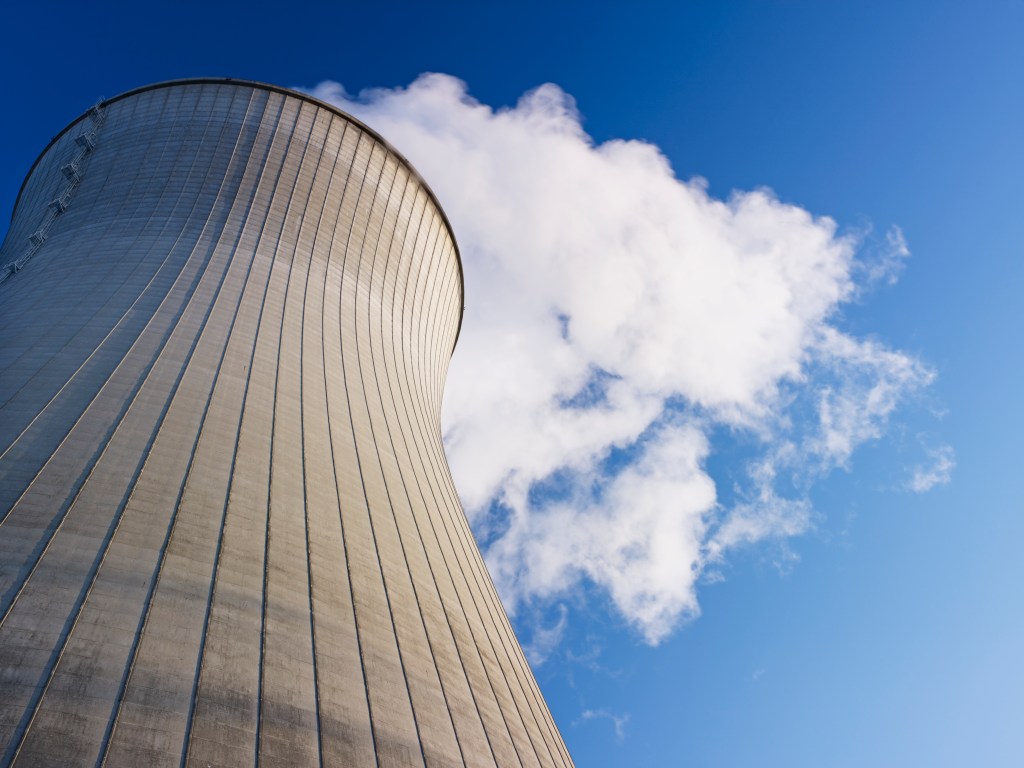The rapid expansion of artificial intelligence (AI) and cloud computing has significantly increased the energy demands of data centers. In response, major technology companies are turning to nuclear fission startups to secure reliable, carbon-free power sources. This strategic shift aims to meet escalating electricity needs while adhering to sustainability commitments.
Kairos Power and Google’s Partnership
Google has entered into a substantial agreement with Kairos Power, a California-based nuclear startup specializing in small modular reactors (SMRs). These reactors utilize molten fluoride salt as a coolant, enhancing safety by operating at lower pressures. The design also incorporates fuel pebbles coated in carbon and ceramic, providing robust containment. Under the agreement, Google plans to purchase approximately 500 megawatts of electricity by 2035, with the first reactor expected to be operational by 2030. This collaboration underscores Google’s commitment to securing stable and sustainable energy for its data centers. ([spectrum.ieee.org](https://spectrum.ieee.org/nuclear-powered-data-center?utm_source=openai))
Oklo’s Collaboration with Microsoft
Oklo, a nuclear startup chaired by OpenAI’s Sam Altman, has secured a 20-year power supply agreement with data center operator Switch Inc. The deal involves building nuclear reactors with a capacity of up to 12 gigawatts, sufficient to power millions of households. Oklo focuses on developing small modular reactors that provide high-wattage, low-carbon energy, essential for AI operations. The company plans to deploy its first reactor by 2027, highlighting the growing interest in nuclear power to meet the energy demands of the tech industry. ([ft.com](https://www.ft.com/content/137ff7ad-bc84-421d-bd8c-f7264adfe6e4?utm_source=openai))
X-energy’s Collaboration with Amazon
Amazon has taken a significant step by leading a $500 million funding round for X-energy, a Maryland-based nuclear startup developing gas-cooled SMRs. These reactors are designed to provide consistent, carbon-free power, aligning with Amazon’s sustainability goals. The investment will support X-energy in completing its reactor design and building a nuclear fuel fabrication facility. Amazon’s involvement reflects its commitment to securing reliable energy sources for its expanding data centers. ([spectrum.ieee.org](https://spectrum.ieee.org/nuclear-powered-data-center?utm_source=openai))
TerraPower’s Development in Wyoming
TerraPower, founded by Bill Gates, is developing advanced nuclear reactors known as traveling wave reactors (TWRs). The company has selected Kemmerer, Wyoming, as the site for its first demonstration plant. The project aims to showcase the viability of TWR technology, which uses depleted uranium to generate energy, potentially providing a sustainable and efficient power source for future data centers. ([en.wikipedia.org](https://en.wikipedia.org/wiki/TerraPower?utm_source=openai))
Helion Energy’s Fusion Power Agreement with Microsoft
Helion Energy, a fusion energy startup, has announced an agreement with Microsoft to provide fusion power starting in 2028. While fusion technology differs from fission, this partnership highlights the tech industry’s broader interest in advanced nuclear technologies to meet future energy demands. Helion’s approach focuses on developing a cost-effective and scalable fusion energy solution, aiming to provide a sustainable power source for data centers. ([en.wikipedia.org](https://en.wikipedia.org/wiki/Helion_Energy?utm_source=openai))
Last Energy’s Microreactor Development
Last Energy, a Washington, D.C.–based nuclear company, is working on deploying modular microreactors designed to generate 20 megawatts of power. The startup aims to mass-manufacture these reactors, enabling rapid deployment to meet the growing energy needs of data centers. Last Energy plans to have its first reactor online in Europe by 2026, demonstrating the potential for small-scale nuclear solutions in the tech industry. ([canarymedia.com](https://www.canarymedia.com/articles/nuclear/last-energy-nabs-40m-to-realize-vision-of-super-small-nuclear-reactors?utm_source=openai))
Conclusion
The collaboration between major tech companies and nuclear fission startups signifies a strategic move to address the increasing energy demands of data centers. By investing in advanced nuclear technologies, these companies aim to secure reliable, carbon-free power sources that align with their sustainability goals. As these partnerships progress, they have the potential to reshape the energy landscape of the tech industry, ensuring a stable and sustainable power supply for future innovations.



